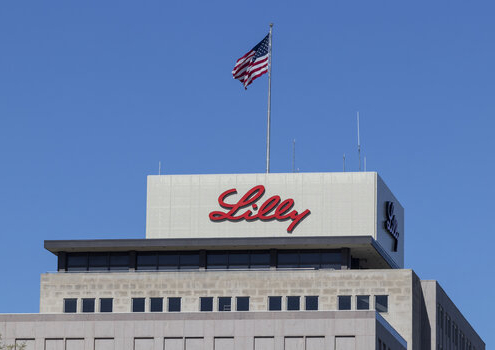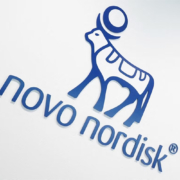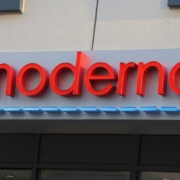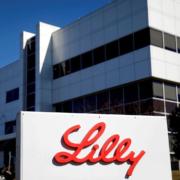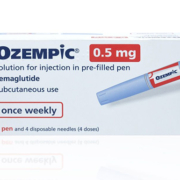Lilly looks to expand Zepbound supply by offering single-dose vials
Lilly looks to expand Zepbound supply by offering single-dose vials
Eli Lilly on Tuesday announced that it will offer single-dose vials of its blockbuster weight-loss treatment Zepbound (tirzepatide) in a bid to better respond to the market’s insatiable demand for the medication.
Both 2.5-mg and 5-mg doses of Zepbound will be available for purchase as single vials—without the autoinjector pen. According to Lilly, the single-dose Zepbound vials will carry at least a 50% discount compared with the list prices of other GLP-1 therapies for obesity. The purchase option is available for self-pay patients through LillyDirect, the company’s online pharmacy.
Lilly emphasized that the option to purchase single vials of Zepbound is for patients with on-label prescriptions for the therapy only. The pharma has “taken a vocal stance against the use of obesity medicine for cosmetic weight loss” and will implement a “multi-step verification process” to make sure that patients are purchasing Zepbound for valid medical reasons, according to the announcement.
Patrik Jonsson, president of Lilly cardiometabolic health and Lilly USA, in a statement said that the single-dose Zepbound offering will not only help the pharma “meet the high demand for our obesity medicine, but also broaden access for patients seeking a safe and effective treatment option.”
“Outdated policies and lack of coverage for obesity medications create an urgent need for more innovative solutions,” Jonsson said. “Bringing Zepbound single-dose vials to patients will help more people living with obesity manage this chronic condition.”
At its 2.5-mg dose level, Zepbound costs $99.75 per vial, or around $399 for a four-week supply. The 5-mg dose goes for $ 137.25 per vial or $549 for a four-week supply, according to Lilly.
Offering the more affordable, single-dose vial option is part of Lilly’s effort to combat compounded and counterfeit tirzepatide products, the pharma said. The company contends that its online direct-to-consumer distribution method adds another layer of protection, helping to “protect the public from the dangers posed by the proliferation of counterfeit, fake, unsafe or untested knock-offs.”

